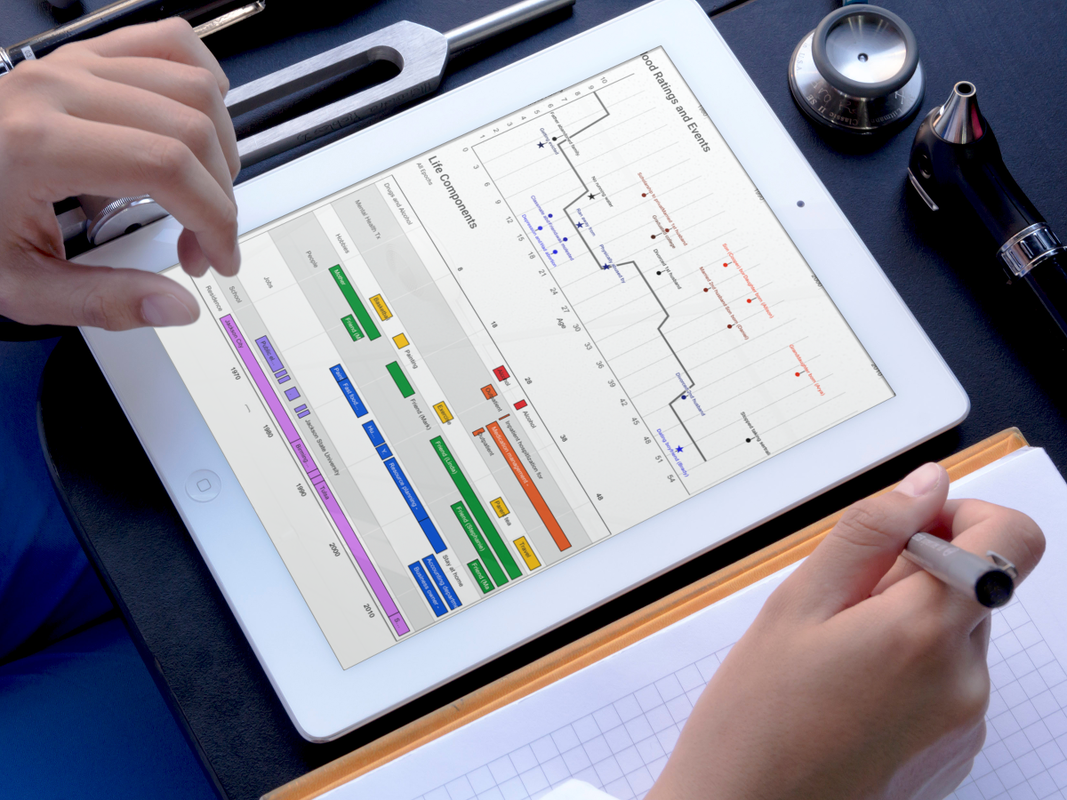Computer Tasks for Behavioral or Neuroimaging Experiments
Studies at LIBR use standardized behavioral tasks implemented using technologies including PsychoPy and PsychoJS, largely depending on whether administration is local (on premises) or remote (e.g. Amazon MTurk). We provide the code for many of these tasks on GitHub and offer support to encourage other research centers, institutes, and universities to adopt them.
In total, we have over 20 different tasks available, including a number of computational (Horizon, Limited Offer, Planning, Driving), interoceptive (Heartbeat Detection, Interoceptive Awareness, Cold Pressor, Breath Hold), craving (Cue Reactivity, Drug Stress Reactivity) related tasks, and a number of tasks for use during fMRI (interoceptive awareness task, suicide implicit association task, future thinking task, approach-avoidance conflict task).
In total, we have over 20 different tasks available, including a number of computational (Horizon, Limited Offer, Planning, Driving), interoceptive (Heartbeat Detection, Interoceptive Awareness, Cold Pressor, Breath Hold), craving (Cue Reactivity, Drug Stress Reactivity) related tasks, and a number of tasks for use during fMRI (interoceptive awareness task, suicide implicit association task, future thinking task, approach-avoidance conflict task).
StimTool3
StimTool3, written in PsychoPy, is the primary suite of tasks for on-site administration. It includes tasks for use in and out of the scanning environment, with built-in support for video recording, synchronization with physiological recording (e.g. BIOPAC) equipment, and automated file organization post-session. Sessions are configured using plain-text files that specify details like which tasks to run in what order, what response buttons to use, and where to save the resultant data. This highly flexible design makes it possible to configure and test new studies quickly, while leaving minimal operational requirements (and therefore reducing room for human error) during administration.
StimToolOnline
StimToolOnline is the PsychoJS counterpart to StimTool3. It shares the general framework found in StimTool3, and several of the same tasks, but is optimized for remote administration. This makes it possible to collect data relatively quickly and at reduced cost, which is especially useful for prototyping and development.
Tulsa Life Chart
|
The Tulsa Life Chart (TLC), uses information provided during a survey to create a web-based graphic representation of an individual's life history to make it easier for clinicians to effectively diagnose and provide treatment for medical and mental health conditions. This instrument was featured on Good Day Tulsa, and we provided an example implementation along with the publication.
|
Task Sharing Agreement
The following are the general terms for using and publishing research based on tasks developed and/or modified at the Laureate Institute for Brain Research (LIBR). Each repository will have additional terms as needed. For example, the Tulsa Life Chart is copyrighted and requires permission from Robin Aupperle, Ph.D.
- The LIBR tasks may be used for non-commercial scientific research purposes only.
- The LIBR tasks may not be redistributed without written consent from the Laureate Institute for Brain Research.
- Contact: Rayus Kuplicki, Ph.D.
- If you use a LIBR task in your research, LIBR requests citation of the references provided in the GitHub repository.







